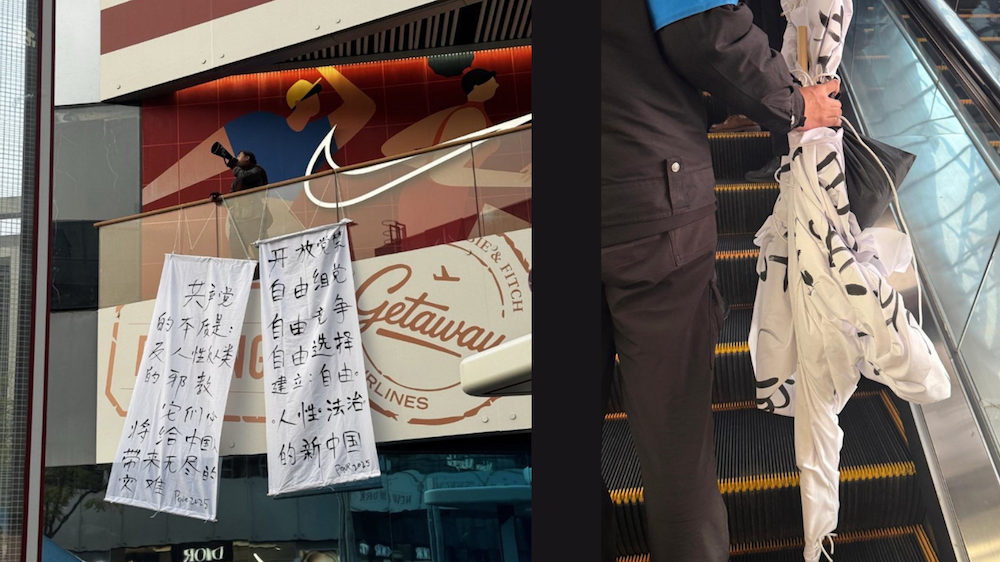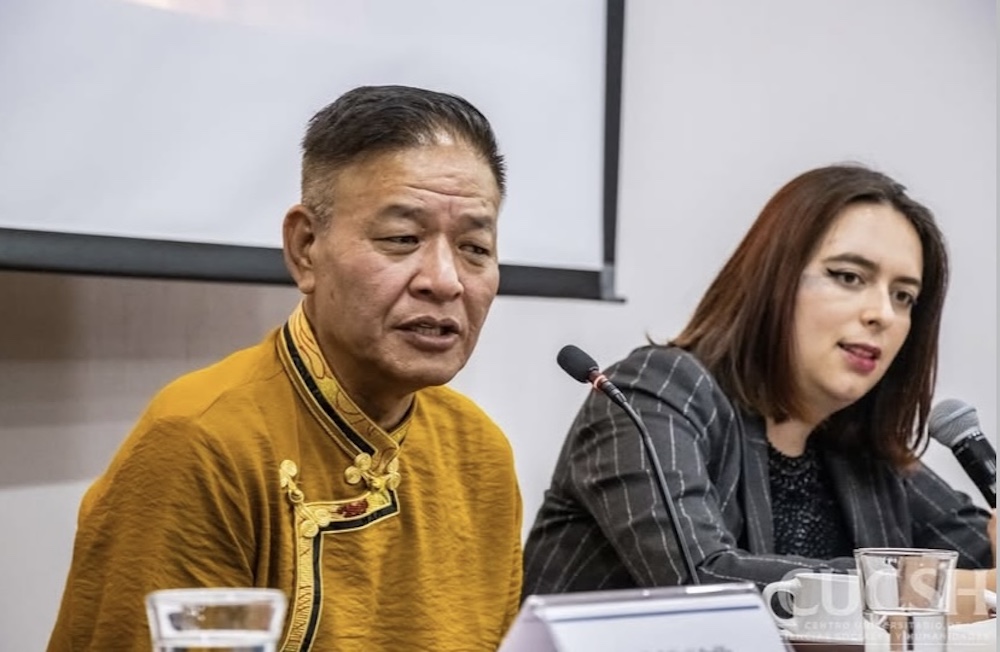Tenzin Nyidon
DHARAMSHALA, Sept. 16: The Tibet Film Festival (TFF) returned this year with its 13th edition in Dharamshala, held from September 11 to 12 at Upper Tibetan Children’s Village School, and its 16th edition in Zurich from September 12 to 14, once again bringing stories from across the Tibetan diaspora.
At the heart of the festival was the short film competition, first launched in 2010 and now a much-anticipated tradition that celebrates the vision of emerging Tibetan filmmakers. This year’s line-up featured eight diverse films from India, Belgium, the United States, Switzerland, and France—works that not only explored themes of identity, displacement, and resilience, but also offered moments of humour and creative experimentation.
While the prestigious Yak Prize will be conferred by a distinguished jury of artists, scholars, and filmmakers at TFF London later this year (October 31–November 2), audiences in Dharamshala and Zurich had their own say through the Audience Award. In Dharamshala, 197 ballots were cast, with The Curse by Belgium-based filmmaker Tenzin Gurmey taking the top honour and the 500 CHF prize with 63 votes. The runner-up was Butter Tea by US-based director Tenzin Wangchuk Tasur, which received 42 votes.
Meanwhile, at the parallel festival in Zurich, also drawing 112 audience votes, Butter Tea emerged as the winner with 45 votes, securing the 500 CHF prize. Lobsang on Camera by Migmar Jannot from France was named runner-up with 27 votes.
Speaking to Phayul, Tenzin Dhondup, Co-ordinator for TFF Dharamshala, reflected on the highlights and impact of the 13th edition of the Tibet Film Festival (TFF) Dharamshala. “This year’s short film competition received 17 entries from across the world, including India and Nepal. From these, eight films were shortlisted for jury selection, representing filmmakers from India, Europe, the US, and, for the first time, Tibet itself,” he said.
Dhondup further told Phayul that since its inception in 2009, the festival has seen both the number and quality of submissions rise significantly. Many early participants have gone on to become professional filmmakers, contributing meaningfully to Tibetan cinema. He emphasized that one of the festival’s core objectives is to provide a platform for emerging Tibetan filmmakers to tell their stories, while also ensuring that Tibetan films are showcased within the community—films by Tibetans, for Tibetans.

Among this year’s short film finalists was A Phone Call, the debut short film by Kunchok Rabten, which won third place in the TFF Dharamshala Audience Award with 32 votes. Speaking to Phayul, Kunchok shared what the premiere meant to him and the inspiration behind his film. “It means a great deal to me because I mainly made this film for a Tibetan audience, and I’m so happy that it premiered here,” he said.
Reflecting on the competition, Kunchok admitted he was new to the world of cinema, but singled out “Butter Tea” as a film he especially enjoyed, praising its professional quality.
A Phone Call explores themes of exile, death, impermanence, and addiction. He revealed that the story was deeply personal, written a decade ago after the passing of his father. “When we see drunkards, we just see them as drunkards. We don’t know the suffering they go through. Most of them lack a support system. This film was my way of telling that story,” he explained.
While a little hesitant to comment on the broader evolution of Tibetan cinema, Kunchok acknowledged that as a writer turned filmmaker, his debut has already brought him greater visibility. “My film will be screened in Zurich, and I feel I’m getting more attention from this film than from my writing. So I’m really happy about it,” he shared.










